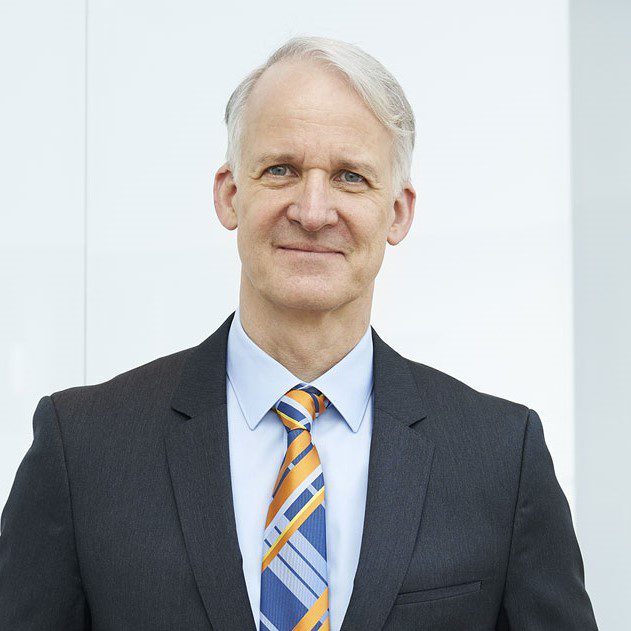As Novo Nordisk hauls in huge sales from its popular GLP-1 products, the company is thinking about a future beyond obesity and diabetes.
During a press call Tuesday, Novo executives laid out ambitions in a handful of conditions, including liver disease, chronic kidney disease and Alzheimer’s. And it has the assets to grow — last year, it reported net profits of 83.7 billion Danish kroner ($12.2 billion).
“It’s really about sustaining our leadership within diabetes, obesity, and then establishing a presence within cardiovascular and a few emerging therapy areas, and then solidifying also our leadership in rare diseases,” CEO Lars Fruergaard Jørgensen told reporters Tuesday.
Novo is currently running a Phase 3 trial for semaglutide, the main ingredient in Ozempic and Wegovy, in Alzheimer’s. Researchers think reducing inflammation could benefit patients with the neurodegenerative disease, and the trial is expected to read out next year.
“It’s probably one of the more risky programs we are running,” Jørgensen said.
 Marcus Schindler
Marcus SchindlerSemaglutide is also currently in Phase 3 for NASH, a liver disease also referred to as metabolic dysfunction-associated steatohepatitis (MASH). In March, the company halted a separate semaglutide trial early after meeting its primary endpoint in patients with type 2 diabetes and chronic kidney disease.
“We’re just scratching I think the tip of the iceberg on our understanding of obesity, satiety and even GLP-1,” CSO Marcus Schindler said.
Supply constraints
But Novo Nordisk has also been grappling with ongoing supply shortages of its GLP-1 drugs. When asked when the Danish pharma will be able to meet demand for the products, Henrik Wulff, the head of product supply, quality and IT, said the company doesn’t yet know.
 Henrik Wulff
Henrik Wulff“This is not an easy fix,” he told reporters, noting that demand for these products continues to increase. “This is a massive lift across the board and it will continue.”
The company’s type 2 diabetes drug Ozempic is currently available at all doses, according to the FDA’s drug shortages database. However, there will be “limited availability” of three lower doses of its obesity drug Wegovy for an unknown duration of time.
Novo executives touted manufacturing expansion efforts, including Novo Holdings’ $16.5 billion deal to acquire Catalent, which is expected to close later this year and would give Novo Nordisk three additional fill-finish sites. Jørgensen said the company will also continue to work with contract manufacturers to increase supply.
“There are a lot of contract manufacturers knocking [on] our door almost on a weekly basis. So there’s plenty of capacity out there,” Jørgensen said. “I feel that we are actually, slowly, getting out of some of these shortages.”
Some pharmacies, medical spas and digital health companies have begun offering compounded versions of semaglutide, which are not approved by the FDA but are allowed in specific circumstances, including when a drug is in short supply. Novo Nordisk has launched a legal campaign against what it believes is improper marketing of some compounded formulations.
“I’d like to, again, underline that there’s only one FDA-approved semaglutide,” Jørgensen said on Tuesday, noting that “we can at least not vouch for the quality” of compounded medicines.